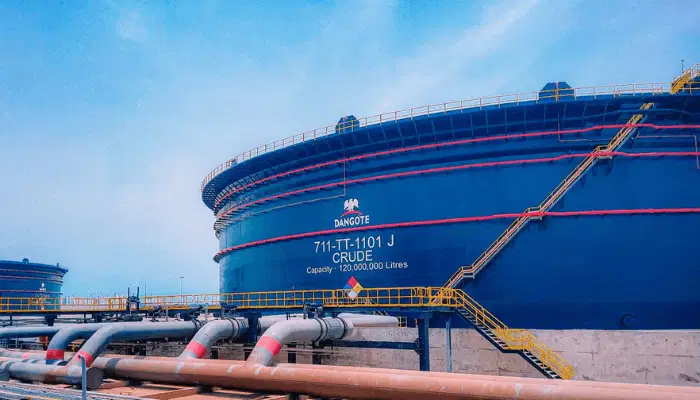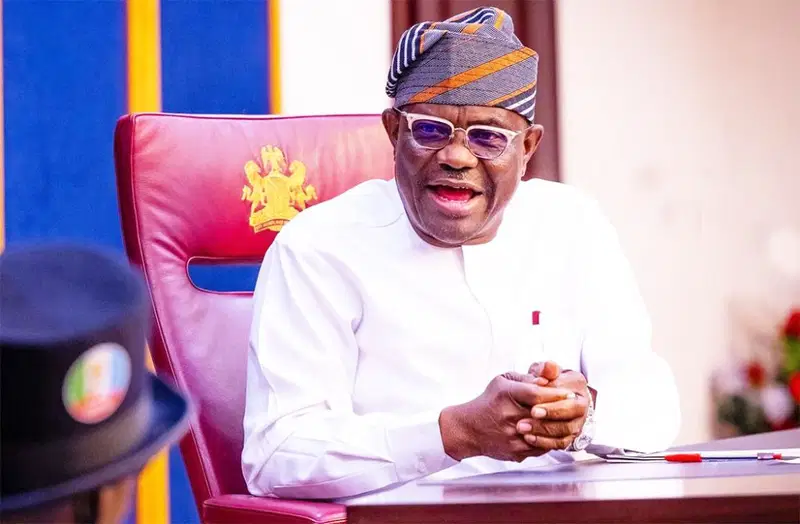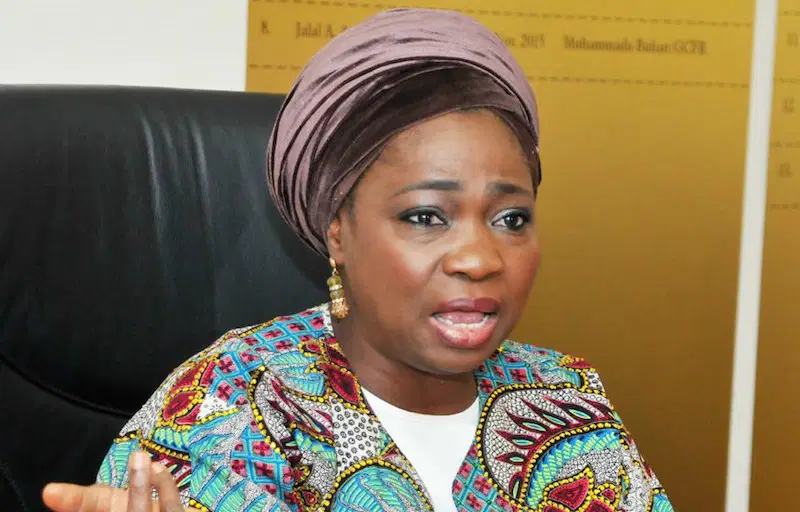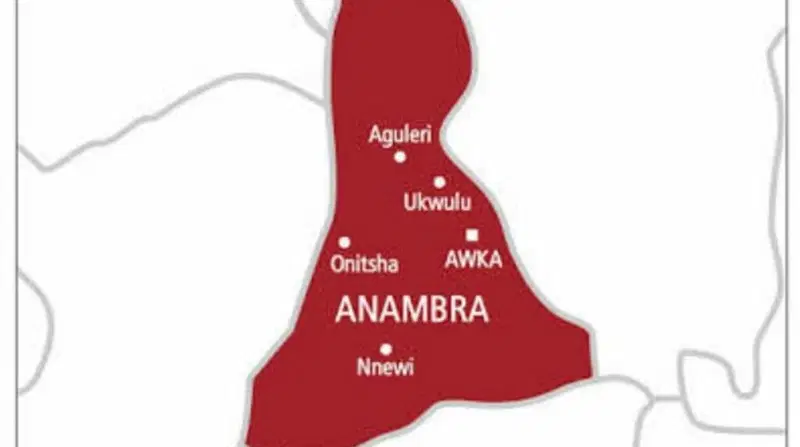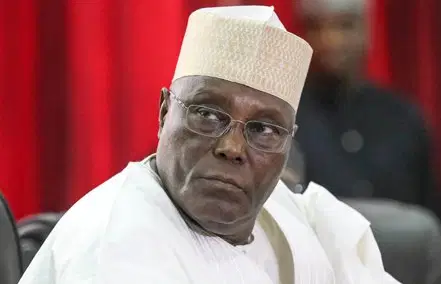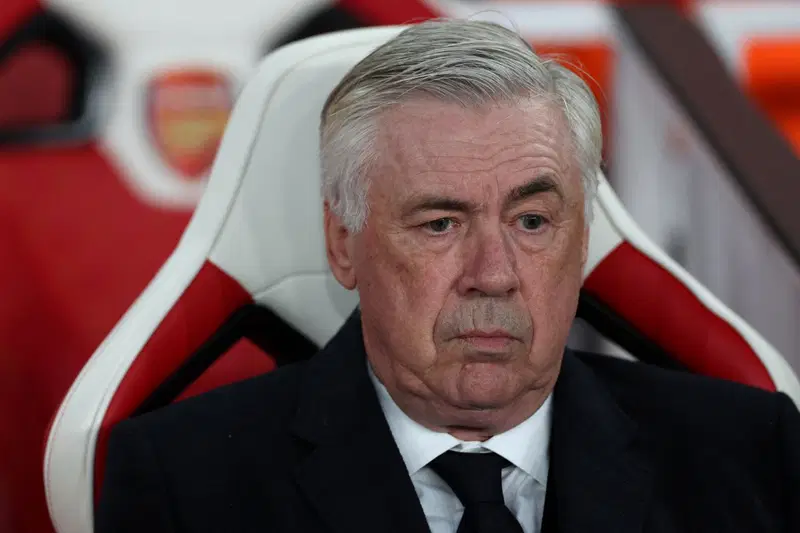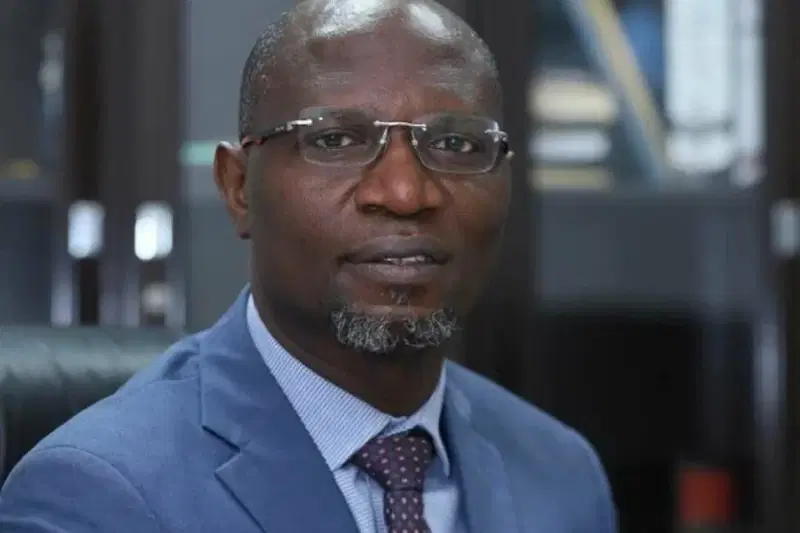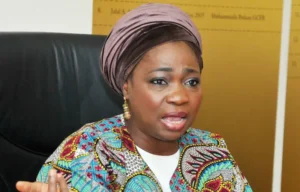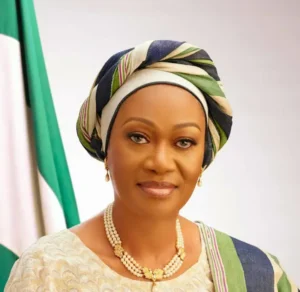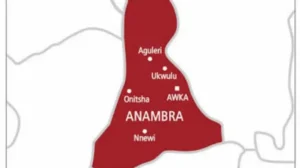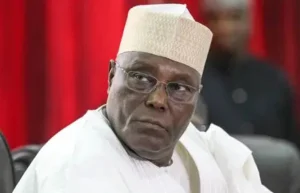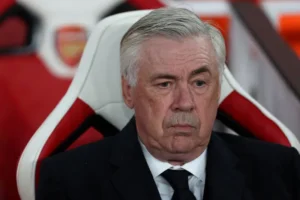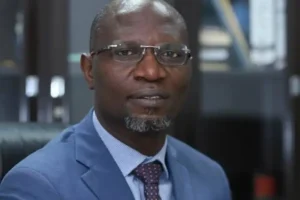Ghana is looking to boost its energy security and cooperation with neighboring countries by importing refined petroleum products from Nigeria’s Dangote Refinery. Dr. Mustapha Abdul-Hamid, CEO of Ghana’s National Petroleum Authority, announced this proposal at the 2024 OTL Africa Downstream Energy Week in Lagos. The goal is to reduce reliance on costly imports from Rotterdam and strengthen Ghana’s energy security through regional cooperation.
Benefits of the Partnership
- Enhanced Energy Security: Dangote Refinery’s large-scale output will meet Nigeria’s domestic demand, allowing excess production to be exported to Ghana.
- Regional Economic Cooperation: Ghana has expanded export agreements with Burkina Faso, Mali, and Niger, supplying international operational facilities, including U.S. military bases.
- Unified Currency: Abdul-Hamid proposes a common West African currency to reduce foreign exchange volatility and stabilize regional economies.
Challenges and Solutions
- Foreign Exchange Issues: Heavy reliance on the U.S. dollar for petroleum imports pressures local currencies, raising prices and reducing purchasing power.
- Shared Infrastructure: Abdul-Hamid emphasizes unified investments in infrastructure to lower transportation costs and improve distribution within the region.
- Regulatory Policies: Ghana has introduced policies allowing marketers to share storage facilities, promoting cooperation and economic stability.
Expert Insights
Ms. Oluwatosin Aina, Group Head, Energy, First Bank of Nigeria Ltd., echoes the call for a unified African currency, citing the European Union’s euro as a model to stabilize African markets. She notes that dollar-based transactions inflate operational and product costs, straining regional currencies .

